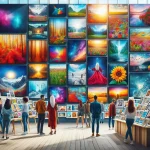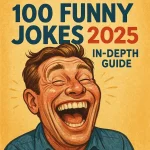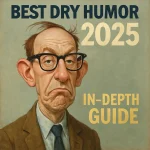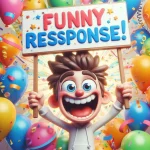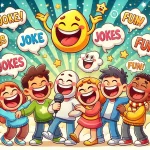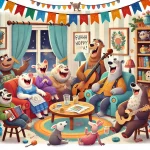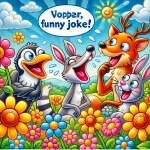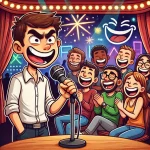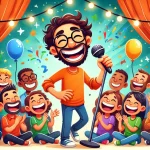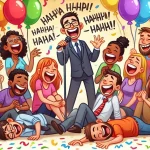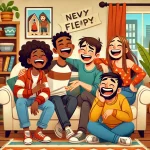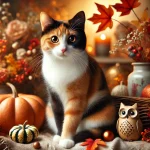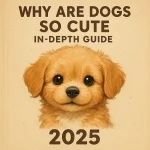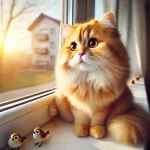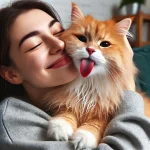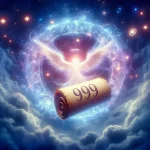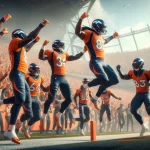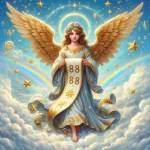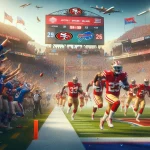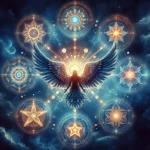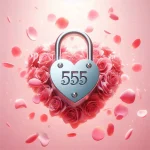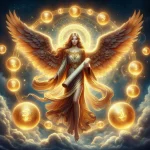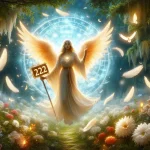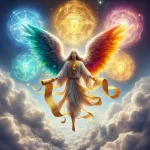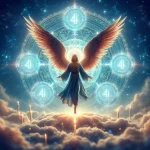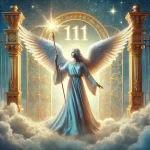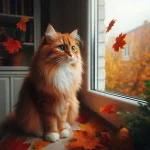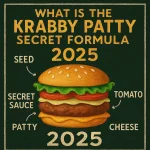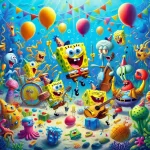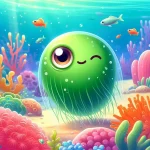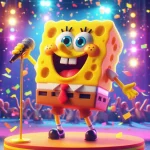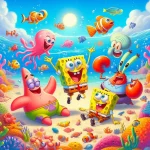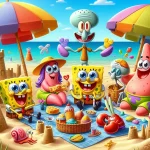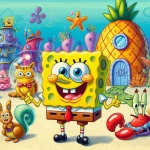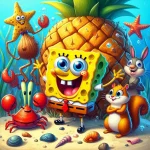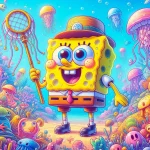- 100 Best Dark Humor Jokes 2025 In-Depth Guide - 06/20/2025
- 100 Attractions in the World 2025 In-Depth Guide - 05/13/2025
- 100 Best Life Hacks 2025 In-Depth Guide - 05/12/2025
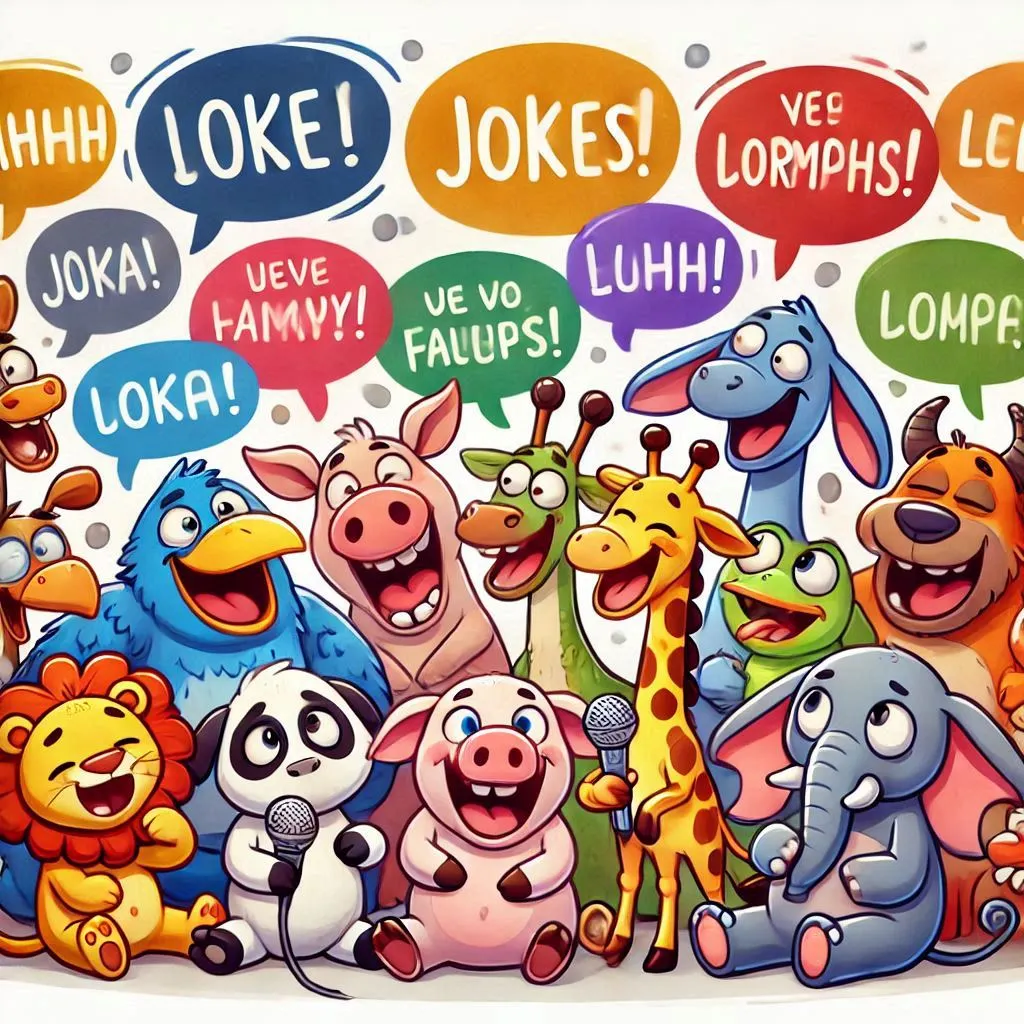
Table of Contents
Dark Humor Memes: 2025 A Deep Dive into Internet Subculture and Their Impact
Introduction
In the digital era, humor has transitioned from traditional stand-up and sitcoms to a more dynamic and often subversive form: memes. Among the different categories of memes, dark humor memes stand out for their controversial nature and their ability to provoke strong reactions. These memes often tackle taboo subjects like death, illness, social injustices, and the absurdity of life, challenging conventional ideas of what is socially acceptable to laugh about. While these memes can be seen as a way to cope with serious and often painful topics, they also raise important questions about the limits of humor in a connected, global society.
This article explores dark humor memes, including their psychological appeal, their impact on society, their role in online culture, and the ethical considerations surrounding them. With examples and authoritative data, this analysis will help readers understand the complex nature of dark humor memes in the context of modern digital communication.
1. What Are Dark Humor Memes?
A dark humor meme is an internet-based image, video, or piece of text that addresses dark, taboo, or distressing topics, often making light of tragic events, societal issues, or uncomfortable realities. These memes juxtapose humor with serious or macabre subject matter, causing the humor to emerge from the discomfort of the topics discussed.
Key Features:
- Offensive Content: Dark humor memes often involve sensitive issues like death, mental illness, or political corruption.
- Shock Factor: They rely on surprise and discomfort to elicit a reaction, which can either be laughter or disgust.
- Subversive Humor: They challenge societal norms by making humor out of topics considered inappropriate or off-limits.
The type of humor can range from subtle irony to overtly grotesque or shocking images. As with all humor, dark humor memes are subjective, and their reception can vary widely depending on the individual’s background, culture, and personal experiences.
2. The Evolution of Dark Humor
While dark humor as a concept has been around for centuries, its digital form—memes—became more prominent with the rise of internet culture. Historically, dark humor appeared in literature, theater, and films, with figures such as Jonathan Swift, George Carlin, and Mark Twain often using it to critique societal norms.
In the modern era, internet forums like 4chan, Reddit, and other image boards became breeding grounds for these memes. Initially, the humor was confined to niche online communities, but the widespread use of social media platforms like Facebook, Instagram, and Twitter allowed dark humor to go viral.
Memes, by nature, are designed for rapid sharing and can spread across platforms in seconds. This viral aspect has amplified dark humor, making it more mainstream and accessible to larger audiences.
3. Psychological Appeal of Dark Humor Memes
Dark humor memes provide psychological comfort to some individuals by allowing them to confront uncomfortable or difficult topics in a safe and controlled manner. There are several psychological theories that explain why some people are drawn to dark humor.
Incongruity Theory:
This theory posits that humor arises from the juxtaposition of something unexpected or incongruous. In dark humor, this might involve the combination of a serious topic, such as death or illness, with a humorous or absurd twist. The sudden shift from tragedy to comedy creates a cognitive dissonance, which the brain resolves through laughter.
Benign Violation Theory:
According to this theory, something is funny when it violates some social or moral norm, but still feels non-threatening. Dark humor violates societal taboos, but if it is framed in a way that feels playful or exaggerated rather than harmful, it can be seen as funny.
Coping Mechanism:
Many people use humor as a way to cope with stress, trauma, or difficult life events. Dark humor memes provide a means for individuals to process and deal with grief, fear, and discomfort in a way that feels less overwhelming. This is especially true for individuals who have experienced loss or trauma, as these memes help them regain some sense of control over otherwise uncontrollable situations.
Schadenfreude:
Dark humor memes also tap into the concept of schadenfreude, which is the pleasure derived from the misfortune of others. While this can be a negative emotion, humor makes it more palatable, allowing people to laugh at situations that would typically evoke sympathy or sadness.
4. Why People Share Dark Humor Memes
People share dark humor memes for a variety of reasons, from seeking social validation to simply enjoying the humor itself.
- Social Bonding: Sharing dark humor memes can create a sense of community among those who appreciate this particular type of humor. It helps people connect with others who share similar perspectives on difficult topics.
- Shock Value and Attention: Some individuals enjoy the attention that comes from sharing memes that shock or surprise others. Dark humor memes tend to provoke strong reactions, which can increase the likelihood of engagement (likes, shares, and comments) on social media.
- Rebellion Against Social Norms: Dark humor often involves breaking societal rules or taboos, and some people share these memes as a form of rebellion. For them, it’s an act of defiance against what they perceive as overly sanitized or politically correct norms.
- Coping with Adversity: For individuals who have faced personal struggles or loss, dark humor memes provide a way to laugh at and process their hardships. Humor can make difficult topics more manageable.
5. Dark Humor Memes and Social Media
Social media platforms have played a major role in the spread of dark humor memes. On sites like Reddit, Twitter, and Instagram, users can share, remix, and comment on memes, allowing for rapid and viral distribution of dark humor.
Platforms like Reddit have entire subreddits dedicated to dark humor, such as r/darkhumor and r/4chan. These communities serve as hubs for users who appreciate or create content that deals with sensitive and often taboo subjects.
On platforms like TikTok, dark humor often manifests in short, viral videos that blend absurdity with discomfort. Despite their controversial nature, these videos frequently attract millions of views, especially among younger audiences.
Algorithmic Influence: Social media algorithms prioritize content that generates high engagement, and dark humor memes—due to their provocative nature—tend to get more likes, shares, and comments. This boosts their visibility, making them more likely to go viral. However, this also raises questions about the responsibility of social media companies in regulating harmful content.
6. Ethical Considerations: Is It Ever Okay to Laugh?
Dark humor memes often spark debates about what is acceptable and what is not. There are valid concerns about the harm they can cause to vulnerable individuals or groups. While humor can be a way to cope with tragedy, it can also perpetuate harmful stereotypes or desensitize people to serious issues.
Harm to Vulnerable Groups:
Some critics argue that dark humor memes can trivialize serious issues like mental illness, disability, or racial inequality. For example, memes that mock people with mental health struggles or disabilities can reinforce negative stereotypes and contribute to stigma.
Desensitization:
Overexposure to dark humor can lead to desensitization, making people less empathetic to the suffering of others. Joking about tragedy or violence might lead individuals to see these issues as less serious or less deserving of attention.
Intent vs. Impact:
The intent behind dark humor memes is often playful or satirical, but the impact can be damaging. Even if the creator does not mean to harm, the meme might reach someone who is personally affected by the topic in question. This raises questions about the ethics of creating and sharing such content.
7. Examples of Popular Dark Humor Memes
Several iconic dark humor memes have made their way into mainstream internet culture. Here are a few examples:
“Distracted Boyfriend” Meme:
Originally a simple image of a man looking at another woman while his girlfriend looks on disapprovingly, this meme has been adapted into versions that explore dark or taboo topics such as relationships and betrayal.
“This Is Fine” Dog Meme:
The image of a dog calmly sitting in a room on fire is a visual representation of ignoring disaster or chaos. It’s often used in dark humor to convey feelings of denial or apathy in the face of overwhelming problems.
“Mocking SpongeBob” Meme:
While it started as a harmless meme, variations of this image (with SpongeBob mocking serious situations) have been used to mock a wide range of sensitive issues, from politics to personal struggles.
8. Case Studies: Dark Humor Communities Online
Several online communities thrive on dark humor. These platforms provide an insight into how dark humor is cultivated and shared among like-minded individuals.
Reddit’s r/darkhumor:
A large subreddit (with over 1.5 million subscribers), r/darkhumor is dedicated to dark jokes, memes, and content. Despite being heavily moderated, the community is a prime example of how dark humor circulates within niche, online spaces.
4chan:
Known for its anarchic culture, 4chan
is home to some of the most extreme and boundary-pushing dark humor. Content on 4chan is often unregulated, and the platform has faced criticism for the offensive and disturbing nature of some of its posts.
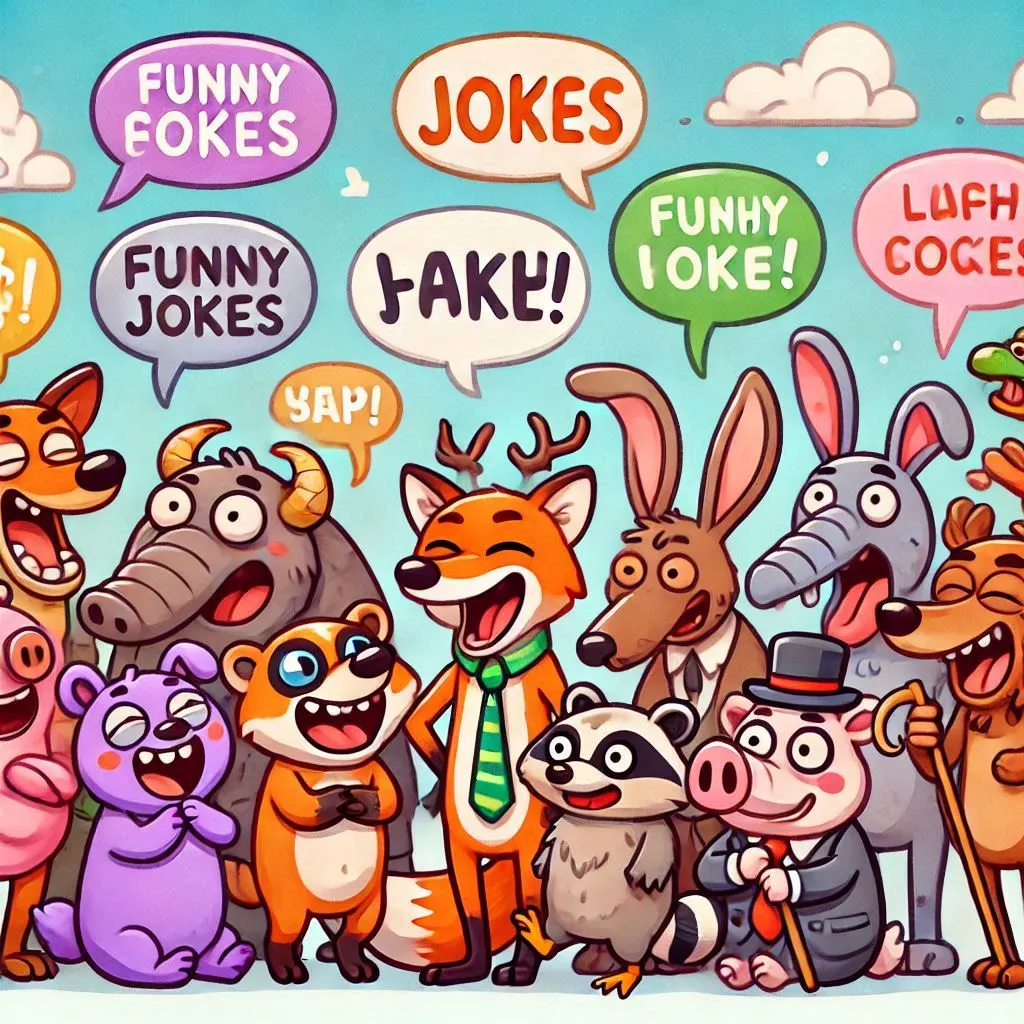
9. Data on the Popularity of Dark Humor Memes
According to research from Pew Research Center and other data sources, dark humor memes have become increasingly popular, particularly on social media platforms.
Table: Popularity of Dark Humor Memes by Platform
| Platform | Percentage of Users Engaged in Dark Humor Content | Year |
|---|---|---|
| 34% | 2023 | |
| 21% | 2023 | |
| TikTok | 18% | 2023 |
| 15% | 2023 | |
| 10% | 2023 |
As seen in the table, Reddit remains the dominant platform for dark humor content, while newer platforms like TikTok are rapidly growing in popularity for meme sharing.
10. Conclusion
Dark humor memes represent a complex intersection of internet culture, psychological coping, and social subversion. While they offer individuals a way to cope with difficult topics and challenge societal norms, they also raise important ethical questions. The viral nature of these memes, fueled by social media algorithms, ensures that they will continue to be a significant part of digital culture. As dark humor memes evolve, society will have to navigate the balance between freedom of expression and the potential harm that such content can cause.
References:
- Shifman, L. (2014). Memes in Digital Culture. MIT Press.
- Pew Research Center. (2023). The State of Online Communities and Their Impact. Retrieved from pewresearch.org.
- Martin, R. A. (2007). The Psychology of Humor: An Integrative Approach. Elsevier Academic Press.
Recommended Articles:
What Can I Feed a Stray Cat: 2025 Comprehensive Guide – love a happy home
What to Do if You Find a Stray Dog 2025 – love a happy home
- 100 Best Dark Humor Jokes 2025 In-Depth Guide
- 100 Attractions in the World 2025 In-Depth Guide
- Amazon Best Sellers in Clothing Shoes: Top 10 2025
- Walmart Photo Center: The Ultimate Guide 2025
- Capybara as a Pet: The Ultimate Guide 2025
- Top 100 Attractions in the World 2025
- US Female Movie Stars Top 10 2025 In-Depth Guide
- Who is the Most Handsome Man in the World?
- Top 100 Party Entertainment Ideas 2025
- 100 Best Dad Jokes That Never Get Old 2025
- US Male Movie Stars Top 10
- How to Make Slime 2025 In-Depth Guide
- YouTube History Top 10 Funny Videos 2025 In-Depth
- How to Make a Paper Airplane 2025 In-Depth Guide
- Can Dogs Eat Fruit? A Comprehensive Guide 2025
- The Funniest Dad Jokes 2025 In-Depth Guide
- Guess What Jokes: 2025 A Playful Exploration
- 100 Funny Jokes 2025 In-Depth Guide
- Knock Knock Jokes: 2025 A Playful Dive into Humor
- 2025 100 Best Dad Jokes In-Depth Guide
- Best Dry Humor 2025 In-Depth Guide
- Funny Responses to “How Are You”: Clever Comebacks
- Dark Humor Memes: 2025 A Deep Dive
- Dark Humor Memes: 2025 A Deep Analysis
- Dark Humor: 2025 A Deep Dive
- What the Difference Between Jokes 2025?
- Funny Jokes: 2025 A Deep Dive into Humor
- Funny Dad Jokes: 2025 A Deep Dive into Humor
- How to Be Funny: 2025 A Comprehensive Guide
- Funny Dad Jokes: 2025 A Timeless Source of Laughter
- Funny Names 2025: Unusual Monikers
- Funny Names: 2025 A Journey Through Humor
- Funny Jokes 2025: Universal Joy
- Funny Jokes: 2025 Exploring Humor
- Calico Cat Names: 2025 Ultimate Guide
- Why Are Dogs So Cute? In-Depth Guide 2025
- Can Dogs Eat Tomatoes? A Complete Guide for Pet Owners
- What Can Dogs Eat? 2025 A Complete Guide
- Why Are Cats So Cute 2025
- Can Dogs Eat Cat Food 2025 In-Depth Guide
- Why Does My Cat Lick Me 2025
- 999 Angel Number Meaning: A Complete Guide
- Russell Wilson: The Quarterback of the Denver Broncos
- Denver Broncos: A Storied Franchise in the NFL
- 888 Angel Number Meaning: A Powerful Symbol
- 49ers vs Bills: Comprehensive Postgame Analysis
- 666 Angel Number Meaning: Hidden Meaning
- Meaning of 555 in Love: Spiritual and Symbolic Messages
- Trails: 2025 Pathways to Discovery and Connection
- 333 Angel Number Meaning: A Spiritual Guide
- 222 Angel Number Meaning: A Comprehensive Guide
- 777 Angel Number Meaning: A Comprehensive Guide
- 444 Angel Number Meaning: A Comprehensive Guide
- 111 Angel Number Meaning: A Comprehensive Guide
- Best Ginger Cat Names(25 Types Perfect Choice)
- What is the Krabby Patty Secret Formula? 2025 Deep Dive
- Best SpongeBob Party(1 Complete Guide)
- The Lovable Villain of SpongeBob: Plankton
- SpongeBob SquarePants(Character Design and Voice Actor)
- SpongeBob SquarePants: Iconic Character Introductions
- Classic SpongeBob SquarePants Episodes and Quotes
- SpongeBob SquarePants: All Character Introductions
- SpongeBob SquarePants: The Eternal Optimist
- SpongeBob Meme: The Phenomenon Explained
- Toy Poodle: The Perfect Petite Companion
- Toy Story 5: A Journey of Hope and Belonging
- 2024 Black Myth: Wukong Review
- Best Home Theatre Installation(4 Steps)
